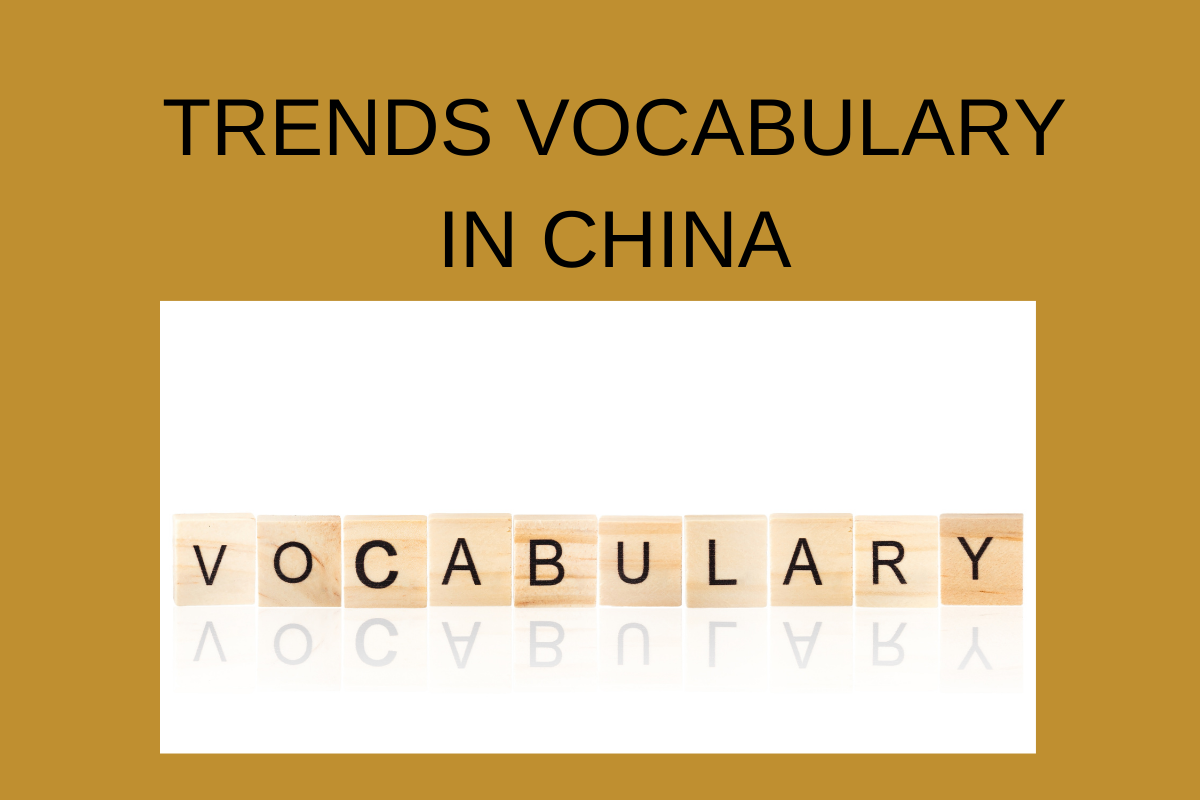The most Frequently Used Internet Slang Words
With the development of society, new vocabulary continues to emerge in the Chinese language, reflecting the changes of the times and the focal points of people's attention. This article will introduce three recently popular Chinese terms, exploring their meanings and their applications in daily life.

佛系 (fó xì) - Buddha-like Attitude
The term "佛系" (fó xì) originated in Japan and quickly gained popularity after being introduced into the Chinese language. It describes an attitude towards life that is not overly obsessed with success, free from anxiety, and accepting of whatever comes. In modern society, the younger generation is gradually adopting the "佛系" attitude, characterized by a calm approach to things and maintaining equanimity in the face of success and failure. On social media, people often use "佛系" to describe their life philosophy, emphasizing a relaxed and composed lifestyle.
Here are some examples of everyday expressions using the term '佛系':
- I've been really busy at work lately, but I choose to adopt a Buddha-like attitude and not let the stress affect my mood.
我最近工作超级忙,但我选择佛系对待,不会让压力影响我的心情。
Wǒ zuìjìn gōngzuò chāojí máng, dàn wǒ xuǎnzé fó xì duìdài, bù huì ràng yālì yǐngxiǎng wǒ de xīnqíng. - After the breakup, I decided to adopt a Buddha-like single life for a while, enjoying the time for self-growth.
分手后,我决定佛系单身一段时间,享受独自成长的时光。
Fēnshǒu hòu, wǒ juédìng fó xì dānshēn yīduàn shíjiān, xiǎngshòu dúzì chéngzhǎng de shíguāng.

脱单 (tuō dān) - Get Out of Singleness
The term "脱单" (tuō dān) is an abbreviation for "脱离单身状况" (get out of the single status) and is used to describe successfully moving out of a single status and finding a significant other. In modern social media, especially on dating and friendship platforms, people frequently use "脱单" to share their romantic experiences and moments of joy.
Here are some examples of everyday expressions using the term '脱单':
- I feel it's time to get out of singleness; I'm actively participating in social activities to find someone.
我觉得该努力脱单了,开始积极参加社交活动。
Wǒ juédé gāi nǔlì tuō dān le, kāishǐ jījí cānjiā shèjiāo huódòng. - Friends often discuss my progress in getting out of singleness, giving me a lot of advice.
朋友们常常围绕着我的脱单进展进行讨论,给了我很多建议。
Péngyǒumen chángcháng wéizhàozhe wǒ de tuō dān jìnzhǎn jìnxíng tǎolùn, gěi le wǒ hěnduō jiànyì.

双标 (shuāng biāo) - Double Standard
"双标" (shuāng biāo) refers to applying different standards to the same thing or behavior based on different individuals or groups. In recent years, this term has frequently appeared in public opinion discussions, used to criticize unfair practices by individuals or organizations when addressing issues. On social media, people initiate discussions by sharing instances of double standards, emphasizing the importance of fairness and equality.
Here are some examples of everyday expressions using the term '双标':
- Media reports show the existence of double standards.
媒体报道存在双标现象。
Zào jù gēn pīnyīn: Méitǐ bàodǎo cúnzài shuāng biāo xiànxiàng. - They always apply double standards when dealing with male and female employees.
他们总是对待男女员工存在双标。
Zào jù gēn pīnyīn: Tāmen zǒng shì duìdài nánnǚ yuángōng cúnzài shuāng biāo.
